8 December 2022
First International Work Integrated Learning (WIL) Conference 2022
Laurence Piper and Bettina von Lieres presented the paper ‘Learning to become change agents through international collaboration: insights and challenges from the Global Classroom Initiative’ at the First International Work Integrated Learning (WIL) Conference held in Trollhättan, Sweden, 7-9 December 2022.
Keywords
WIL, international collaboration, global classroom, change agent, design theory, democratic citizenship, sustainability
Abstract
This paper engages with the ambition of some forms of work-integrated learning (WIL) programmes to produce graduates who are not just well equipped for the world of work, but who are also capable of being change agents to bring about a more sustainable and democratic world. More specifically, we explore an innovative pedagogic practice termed the ‘Global Classroom Initiative’ (GCI) that has been piloted between colleagues at the University of Toronto, Canada, University West, Sweden, and in various iterations, the University of Stellenbosch and the University of the Western Cape in South Africa. The key focus of the paper is on the impact of the GCI experience on the disposition of participants to act as democratic citizens. In exploring this research problem, the paper draws on the views of participating students, facilitators, and the organising team over three iterations of the GCI. Our initial findings are that the GCI has a significant and even profound impact on participants’ express desire to act for sustainability, but it is unclear how enduring this view may be, and whether our findings are impacted by the self-selection into the programme of students already inclined to be activists.
The mainstream approach to WIL is a pedagogic one where students learn both through traditional teaching and practical doing, and this learning occurs both at the university and in the workplace, to better prepare graduates for working life. However, a great variety of WIL approaches exist, and some, such as at University West (Högskolan Väst) in Sweden, include the ambition to produce graduates who are better prepared for life in general, and who are empowered to be change agents for a more sustainable and democratic world (Sunnemark et al, forthcoming). Thus, the WIL process is orientated both to producing new kinds of knowledge but also a new kind of knower. This knower may even be deeply critical of the status quo and desire to bring about a more just world (Piper et al, forthcoming).
In the context of this framing of WIL at University West as committed to producing graduates who are change agents for democracy and sustainability, over the last 18 months we have been experimenting with the ‘Global Classroom Initiative’ (GCI). While the concept of a global classroom long exists in American secondary schooling where it is associated with the Model UN programme (UN 2008) and has also been used at post-secondary level as a space for international engagement between university students around research, the approach adopted in the GCI is distinctive. Thus, while it is international like many other versions, and it happens online, as most other versions do, it is also explicitly conceived as a space orientated to inspiring active citizenship – agency – among the participants, who must collaborate around a tangible project as the outcome of the engagement. Furthermore, it is underwritten by a normative commitment to sustainability and democracy too, and thus is well-suited to express desire by Högskolan Väst that WIL graduates become change agents for these social goods. Indeed, a key feature of the design of the GCI is that it follows a design theory model that is deliberately horizontal and participatory (Manzini 2015). Thus, while the process of the GCIs is design and facilitated, and do include some background academic reading, academic staff do not participate. Rather there is some input from various civil society organisations or activists to give examples of the kind of work they do, and then it is up to the participants, working in teams, to frame the problem as they see fit, and design a practical project to address it, one that they can implement where they live. Thus, the focus is on ownership of the whole process by participants, and the generation of an actionable outcome.
The paper reflects on the experiences of two GCIs conducted to date, and whether they do contribute to making graduates change agents. To this end, we draw on the views of participants, especially the students who have been through the process, but also the facilitator team and supporting academic staff. While our findings are largely positive there are two major caveats: first, it is hard to judge how enduring the commitment to being a change agent is, especially in a world of work that does not necessarily support it. Second, to date the recruitment for our GCI events has been through voluntary and open calls. So, we cannot rule out that students already likely to be change agents self-select into the events. Going forward however, we are institutionalising the GCI as part of a module at University West, and this should provide a more robust test of the innovation.
References
Manzini, E. 2015. Design, When Everybody Designs: An Introduction to Design for Social Innovation. Cambridge, MA: The MIT Press.
Piper, L., Dahlquist, K., Sunnemark, F. & Assmo, P. Forthcoming. Rethinking WIL for an Academic Discipline: Theoretical insights from Work Integrated Political Studies (WIPS).
Sunnemark, L., Sunnemark, F., Piper, L., Dahlquist, K., Gahnström, E. & Assmo, P. Forthcoming. Bridging Theory and Practice through Work-Integrated Learning (WIL): The Conceptualisations of WIL at a University in Sweden.
United Nations. 2008. About Global Classrooms.
